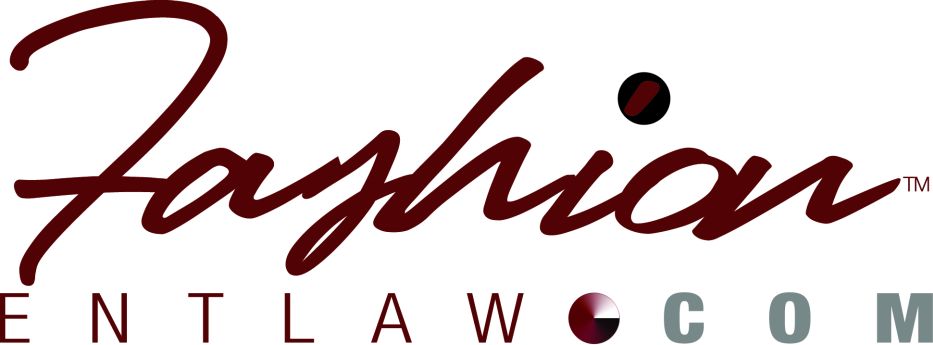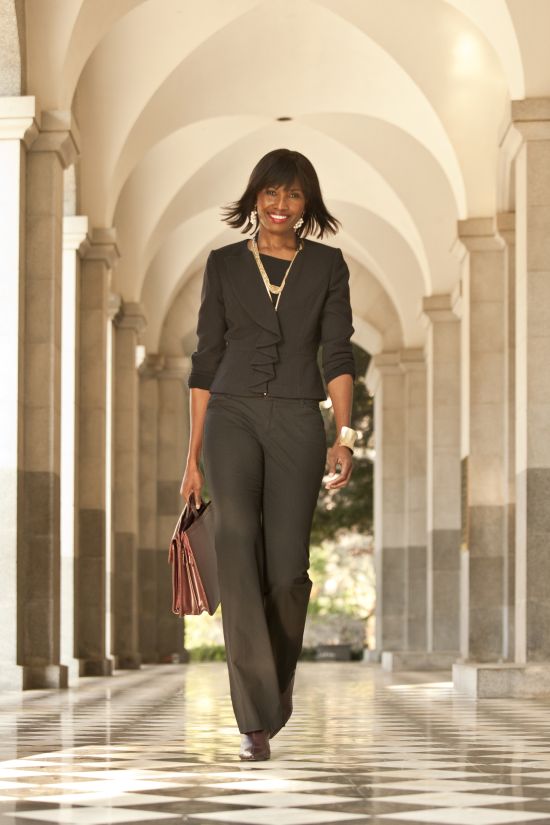Fashion law continues to be a growing practice area in the United States and abroad. So, whether you are a fashion industry professional looking to hire the services of a fashion lawyer, a college or law student interested in fashion law, or a lawyer interested in becoming a fashion lawyer, read on to learn what Fashion Law is all about.
What is Fashion Law?
Fashion Law 101
“You do what?” is the routine response from the many, especially legal colleagues when I tell them my practice includes fashion law. Inevitably their faces betray them as they seem to mockingly say, “What? The practice of Manolos, Louis Vuittons, Guccis and how to make your man go broke?” While most true legal fashionistas will tell you there is a science to that, I’ll save that article for the pages of Vogue. For now, the point I want to get across is that fashion law is a serious business worth considering if you love fashion.
Services Provided by a Fashion Lawyer
What does a fashion attorney do? Fashion attorneys handle numerous matters which includes areas like intellectual property, business law, licensing, contracts, textiles, merchandising and import/export.
What kinds of clients do they serve? Clients range but are not limited to: retail stores, designers, manufacturers, modeling agencies, photographers, distributors, fashion editors, publishers, beauty companies and fashion houses.
Fashion Law Case Examples
Could you give some examples of how fashion interacts with the law?
1) Fashion & Intellectual Property law: For fashion clients, the most important company asset is their trademark/brand. As a result, most fashion lawyers will tell you the bulk of their work involves intellectual property, copyright, and trademarks, [IP]. An example of the kind of IP case a fashion lawyer would handle is best illustrated in the case of Louis Vuitton vs. Nadia Plesner. Danish artist Nadia Plesner, sick of the continued coverage of the superficial and silly lives of celebrities, decided to make a mockery of the media and direct attention to issues that matter such as the genocide in Darfur. Plesner depicted the stereotypical naked starving African kid with a rotunda stomach and flat butt on a T-shirt. The child symbolizing Paris Hilton was accessorized with only a Paris Hilton pink little dog and a Louis Vuitton [LV] bag. LV got notice of Plesner’s work and in response sent its cease and desist letter. Plesner responded with the right as an artist to express herself. LV filed suit.
2) Fashion Trademark Licensing Agreements: it is very common to see the practice of licensing of products under popular designer names or trademarks. Think lifestyle brands like Ralph Lauren, Michael Kors and more. Fashion law attorneys must know how to identify, prevent and protect their clients with licensing agreements that take into consideration licensor and licensee issues like distribution channels, licensor’s control over design, royalties, copyright protection and arbitration.
3) Fashion & Employment/Labor law: If you (operate) your legal business and hire employees, you must be concerned about compliance with employment/labor law. The fashion industry is no exception to the rule. Within California, for example, there are over 300,000 employees in the apparel and textile industries. Most of them are located in Los Angeles and it is the business of fashion lawyers to know how to help their fashion clients comply with employment and labor laws. An example of how employment/ labor law violations would come into play is the case of the notorious American Apparel company [AA]. AA, when it was a brick and mortar store with retail outlets across the United States, was subject to numerous lawsuits for diverse labor and employment law violations. In one instance of a sexual harassment suit filed against the Los Angeles-based AA, which was ultimately dismissed by a federal judge in 2005, a former employee who worked for AA for two and a half months, alleged she was exposed to a hostile work environment; partly because of a collage of vintage penthouse magazine covers used to decorate the store.
4) Fashion & Criminal Law: Imitation they say is the highest form of flattery. While that used to be the case in the fashion world, it has now become very expensive (especially in a post pandemic world) to copy other people’s work. For the most part, knock-off kings seemed to suffer only monetary losses. (Now), counterfeiting laws under the trademark statutes which have criminal provisions are now (e)nforced both on a state and federal level. For example, in 2007, the Los Angeles Police Department [LAPD] and the Los Angeles County Sheriff’s Department conducted the largest raid ever in downtown LA’s shopping district. Linking counterfeit goods to gang activity, they confiscated over $8 million counterfeit goods and arrested 26 people.
5) Fashion & International Law: A talk on Fashion law 101 would be incomplete without discussing the intersection of fashion and international laws. With today’s globalization, most Americans if not all (routinely wear )apparel made in China and India.
For fashion attorneys with clients doing business overseas, this means an understanding of international trademark protection, contract, trade and custom laws.
The above is the very basic overview of fashion law to again demonstrate that there is a whole new world out there, and you can expand your practice by following your passion for fashion in and out of the courtroom.
Why You Need a Fashion Attorney
If you are seeking a fashion law attorney for some of the services discussed including contract review, drafting, licensing, or trademarks, call 916-857-9970 to protect your fashion business today or Schedule a consultation now for personalized legal support.
You can also visit our Fashion Law page now to discover our service offerings.
Updated December 2024.

FASHIONENTLAW blog, authored by Ms. Uduak, was first established in 2010. It is now incorporated, in 2021, as part of the FASHIONENTLAW LAW FIRM blog. The blog is for informational purposes only and provides legal commentary and analysis on the intersection of mainstream America pop culture and the law. It also provides updates on Ms. Uduak’s speaking engagements and press activities. For inquiries on topics covered on this site, please get in touch with our firm. If you seek legal representation for your specific legal needs, please schedule a consultation.
📞Call 916-857-9970 or
🌐Email (firm@fashionentlaw.con)
💻 Schedule a consultation directly on this site.

